Does it look like there is no end to your challenges in CRM implementation? CRM implementation challenges can prevent teams from achieving their objectives.
Low-budget and mid-market CRM users are often tasked with implementing CRM systems on their own, so it is understandable that they have challenges to face during the implementation process.
Does that sound relatable? If you’ve been wondering what challenges lay ahead for a company that wants to implement CRM software, and how you could meet such challenges, this is the right guide for you.
CRM implementation challenges include convincing your colleagues to adopt the changes, handling data security, finding ways to protect users from identity theft, moving away from old software, finding the right CRM for your business needs and budget, and so on.
In this blog post, we will talk about nine common challenges in CRM implementation, especially for small and mid-sized businesses. But more importantly, we will share proven solutions to each of these issues in CRM implementation.
The 9 Major CRM Challenges And What To Do About Them
|
Challenge |
Solution |
| Convincing your people to change | Nurture a culture of learning and digital innovation from the top down. |
| Getting approval from management | Convey the tangible value a CRM project will add to the company. |
| Handling data security | Choose a CRM system with robust security features, including SSL certificates. |
| Leaving favored software behind | Opt for a CRM that offers integrations with existing software programs. |
| Dealing with time and cost | Conduct a thorough ROI analysis and plan for long-term goals. |
| Trusting the technology | Research the CRM’s reliability, scalability, and customer support. |
| Choosing the right CRM software | Carry out a meticulous selection process, considering your specific needs. |
| Lacking scope clarity | Conduct workshops and adopt agile project methodology. |
| Managing integrations | Choose a CRM that offers the integrations you need for your sales process. |
Today, CRM software is one of the biggest global software markets, and the growth isn’t slowing. In fact, CRM implementation is expected to amass over $80 billion in revenues by 2025.
One of the main reasons for the growth of CRM is accessibility. Business owners need real-time access to the latest customer data, and cloud-based CRM systems are becoming a one-stop solution for this need.
However, find the right CRM and implementing it may not be the easiest thing to do, although it’s certainly the right thing to do.
So, let’s take a look at nine challenges of CRM implementation and how to handle them.
1. Convincing your people to change
Problem
Perhaps you think the toughest CRM adoption challenge will be technology-related. If so, you’d be wrong. The technology can be intimidating, but out of all the CRM problems you’ll face, the one that will give you the most trouble will be your people.
The transition will be relatively easy in a startup with a young workforce.
However, it’s an entirely different ball game when faced with the task of convincing older staff members to learn how to use a CRM solution and change their ingrained practices. Old habits die hard!
Whereas some people will embrace innovation and change, others will resist. While a Customer Relationship Management system can help break down silos in your organization, the mere suggestion of overhauling how everything is done in your marketing, sales, and customer service teams may actually cause divisions among your workforce.
Some employees may worry that their job is under threat or lament that the company is losing its human touch, while others may harbor concerns about getting to grips with the new technology.
Solution
Quite often, people struggle with migrating to cloud-based tech solutions because the company doesn’t have a clearly defined CRM strategy for the changes ahead.
For a transformation like this to succeed, managers must nurture a learning and digital innovation culture.
This needs to be encouraged from the top down. Your company can move forward by learning as a team to help one another upskill on the new processes and CRM functionalities.
Soon enough, even the more reluctant team members will see how the benefits of CRM implementation can help the company thrive in the digital age.
EngageBay has a dedicated support team, an in-depth knowledge base, and demo videos to help streamline CRM implementation at your business.
Related blog: 12 Best Practices to Improve CRM User Adoption
2. Getting approval from management
Problem
You may be able to motivate your team, but what happens when resistance comes from the top?
Getting approval from management is one of the biggest challenges of CRM implementation. The sales rep/sales team may think the company would benefit from moving to a fully integrated CRM system, but the C-suite members may need some convincing.
Ultimately, they’ll have the authority to make it happen, but their concerns about technology, pricing, or huge disruptions to the existing business processes will need to be addressed first.
Solution
Whereas management can overcome resistance in the workforce by instilling a digital culture, the same tactic will not immediately garner success when the workforce has to convince management.
To persuade senior executives to give Customer Relationship Management (CRM) implementation a chance, employees must get the right message across.
In other words, you need to convey how exactly a CRM implementation project will add tangible value to the company, both financially, and in terms of overall performance.
Sales teams can highlight success stories from competitors, showing how it can boost the bottom line.
Marketers may point to the benefits of brand awareness and image enhancement, as well as the potential to leverage customer data for greater results.
Customer support teams can explain that a powerful CRM system will allow them to build stronger relationships with customers, and reduce the time spent dealing with complaints or customer service issues.
When senior managers have a clear understanding of what the company can gain in terms of revenue, bottom line, and productivity, they are more likely to give the green light.
Read also: Can Your Small Business Survive Without CRM?
3. Handling data security
Problem
According to Entrepreneur, the Big Data industry will be worth $77 billion by 2023. In terms of your business, your company data is arguably the most valuable asset you have.
Therefore, anything that compromises this data is bound to be a concern. Many people prefer to keep their data on a local server, so the idea of moving it all to the cloud can be a sticking point.
As onboarding to a new CRM platform will involve gathering and transferring vast reserves of customer data, you need to be sure you have a system you can trust.
The challenges of customer relationship management can become incredibly amplified if you happen to lose or mix up any customer data, so this apprehension is understandable in CRM implementation.
Solution
This comes down to choosing the right CRM system. The right CRM adoption can make or break your business.
You want a unified, cloud-based CRM system that will make customer data importing easy and intuitive, allowing your company to make a smooth transition to the cloud with just a few clicks. You also need to find a CRM system that users have already tried and loved, so you know that you can trust them with your data.
Data is so integral to business today, and all your teams can tap into its raw potential. Each CRM should have enabled SSL certificate and without any SSL the data will stay in danger as any third party can interpret it. CRM vendors should buy SSL certificate during the development for smooth data transition among platforms and enable SSL monitoring to check for certificate validity.
With a top CRM platform, everyone will find it easier to store, organize, and track data, so that they can get actionable insights and put them to good use in their sales or marketing efforts, or offer a better level of customer service.
To strengthen your CRM platform further, you must choose a reliable hosting provider and no logs VPN provider that offers protection against online threats such as DDoS, malware, and phishing attacks and has a solid reputation for maintaining your eCommerce business.
Also, with an integrated all-in-one CRM software like EngageBay, all your teams will be able to leverage the latest customer and business data to excel at cross-channel marketing, which enables you to offer a better customer experience.
Read also: CRM Implementation Guide with Exact Steps
4. Leaving favored software behind
Image Credit: EngageBay
Problem
Next up on our list of challenges in successful CRM implementation is the potential disruption to your existing business processes.
Even if you manage to convince everyone to get on board with your new digital culture, there still remains the formidable challenge of actually changing how things are done.
Baby boomers may cling to email, and millennials may worry about having to give up their favorite project management apps.
While the workforce may be ready to compromise, the perceived risk may be that nobody will get what they want.
Solution
Nowadays, successful implementation of CRM doesn’t mean giving up your existing software tools. Instead, it offers your company a way of bringing them all together.
With a unified (all-in-one) CRM solution, you can use various tools as integrations, allowing each team to continue using their preferred CRM vendor with the new CRM system.
EngageBay offers over 1,000 integrations through its partnership with Zapier, which allows you to use a lot of popular enterprise tools, including:
- Asana
- ClickUp
- Google Analytics
- Google Docs
- Google Sheets
- Gmail
- HubSpot
- Mailchimp
- Microsoft Office
- Salesforce
- Shopify
- Slack
- Sumo
- WooCommerce
As a result of this immense versatility, you can have seamless integration across your organization, which helps create a work atmosphere that thrives on strong communication and close collaboration.
Soon enough, this CRM integration will deliver an uptick in key metrics across the board, from engagement and lead generation to sales and customer satisfaction.
👉 Boost your business efficiency with the best CRM automation software.
5. Dealing with the time and cost of CRM implementation
Image Credit: Diceus
Problem
Remember that digital transformation doesn’t happen overnight. Although the process is relatively simple, it still takes some time and a lot of bandwidth to move data, especially if you have a huge bank of information to move.
Also, people need time to get used to the new CRM solution. It may be weeks or even months before some members of your workforce are comfortable tackling common CRM issues and challenges by themselves.
All this time that you invest in CRM implementation takes away from running your business, and of course, it entails additional costs for technology, training, and maintenance. In March 2019, Harvard Business Review reported that $1.3 trillion was spent on digital transformation last year, and about $900 billion of that was ultimately wasted.
You may wonder if it’s worth the hassle.
Solution
Like any other major CRM project in marketing or sales, you can crunch the numbers in advance to determine the potential return on investment (ROI) that a move to a CRM platform can generate.
Research indicates the ROI of CRM implementation is very positive, yielding almost $9 for every $1 spent, and slashing labor costs by 40%.
You should keep your long-term business goals in mind when estimating the costs of successful CRM implementation. Look for opportunities to save money by moving away from your rarely-used in-house platforms first. You can devise a strategy that maximizes productivity throughout the transition by doing your due diligence.
This will ensure expenses are kept to a minimum and help you conduct training and data transfers in a time-efficient, cost-effective way. EngageBay never charges business owners for migration, and we love guiding all our new users throughout the journey. While big names like HubSpot CRM can charge thousands of dollars for onboarding, we do it for free.
6. Trusting the technology
Image Credit: SuperOffice
Problem
Before you can finally put your trust in your new CRM, you need to know that the infrastructure is something you can rely on, and that it is scalable enough to support the growth plans of your business.
Not only must it be a secure place for your data, but the CRM provider must be fully equipped for everything your business needs. If it’s not, your business operations could be hit in a big way, and constant disruptions may have a negative impact on customer experience — a huge CRM implementation failure.
It may even tarnish your brand reputation and hamper your business progress, making this one of the biggest CRM problems you can face.
Solution
Don’t dive into CRM implementation without thinking. Do your research to get the full picture of what it offers. Ask important questions, such as:
- How does this CRM deal with outages or crashes?
- What mobile optimizations does it have?
- How is the customer support from this CRM brand?
Mobile CRM is a big priority nowadays, and you should keep that in mind when considering CRM implementation. SuperOffice reports that the rise of mobile CRM is attracting more companies to make the switch, and it is also helping businesses generate more sales.
You should look for the best CRM software that fit your specific needs in the current digital landscape. Once you do that, you will have the foundation to grow your business with a truly successful CRM implementation.
Related blog: 12 CRM Growth Hacking Ideas a Small Business Needs
7. Choosing the best-fit CRM software
Problem
This is one of the toughest challenges of CRM to overcome. We have seen many people pay as much as $20,000 for the wrong CRM software, only to find them unhappy with it.
Why are they unhappy?
Because they soon find out that it’s not a good fit for their company. However, the idea of replacing it and shifting to a new CRM system scares them — once bitten, twice shy.
Solution
Carry out a very meticulous selection process before you decide on which CRM software to implement. After all, choosing the right tools is crucial for any company’s success. CRM success is your business’s success. CRM failure can result in the failure of your business.
Avoid rushing your CRM implementation process. Define your workflow clearly, prepare all the CRM requirements in advance, and consider who will use the system before you zoom in.
Customer retention strategies, recording and analyzing customer interactions, understanding your customer journey and touchpoints, and improving customer relations should be some of the most important goals of your CRM initiative.
In addition, there are different types of CRM:
- Operational CRM: Offers a 360-degree view of your customers along with the complete communication record and customer journey touchpoints.
- Analytical CRM: This type of CRM tool focuses mainly on data. An analytical CRM derives insights by collecting, managing, and analyzing customer data.
- Collaborative CRM: A collaborative CRM software helps streamline communication among various departments and entities — both within and external.
8. Lacking scope clarity
Problem
One of the biggest CRM problems is not having scope clarity, which also results in budget overruns. You don’t commit adequate time and budget to requirement discovery, or end up underestimating integration effort.
Plus, many companies fail to anticipate the quantity and quality of CRM data to be migrated to the new CRM. There are also chances of underestimating end-user resistance and major costs such as training costs, infrastructure costs, customization, and implementation costs.
Solution
Conduct workshops to identify requirements in detail and adopt agile project methodology that allows early detection of these CRM problems.
An agile project methodology is an iterative approach that focuses on continuous improvements and incorporating feedback with every iteration. Make an assessment of the CRM capability before choosing one.
9. Managing integrations
Problem
Although several prospective CRM users understand what benefits a CRM system has in store, others are apprehensive about the potential gaps in the system.
Some users are concerned that CRM implementation will not offer the integrated functionality they need.
As a result, they think it will create gaps in collaboration with marketing, lead generation, communication management, ticketing, internal communication, and other crucial business functions.
Solution
Modern CRM systems offer integration capabilities that provide you with an ever-growing productivity toolbox. You can use these integrations to transform your basic CRM into an efficient and robust sales CRM tool.
Before buying a CRM system, think about all the integrations you might need. This decision will mainly depend on the design of your sales process.
For instance, if you want seamless integration between your sales and marketing processes, you may want to prioritize MailChimp, Zapier CRM, and WordPress integrations.
Read also: Customer Lifecycle Management (How To) Guide for Small Business Owners
Conclusion
There are nine key challenges of CRM implementation that carry grave consequences if handled poorly. These CRM problems can cost your business a lot of time and money. Also, you may lose the trust of your employees and your customers.
However, no CRM challenge is insurmountable, and any smart business owner or manager can dust them off with little effort and planning.
CRM systems aren’t just for large enterprise businesses anymore. What was initially a cost-prohibitive technology has now become affordable for any company, regardless of size.
For example, the Bespoke Collection, a wine producer and lifestyle brand based in California, uses CRM technology to enjoy an in-depth look into its customers beyond the frequency of their visits, and monetary value.
Bear in mind that, like any major transition in business, CRM implementation takes time, effort, patience, and some investment. However, the benefits of overcoming common CRM problems are well worth the effort.
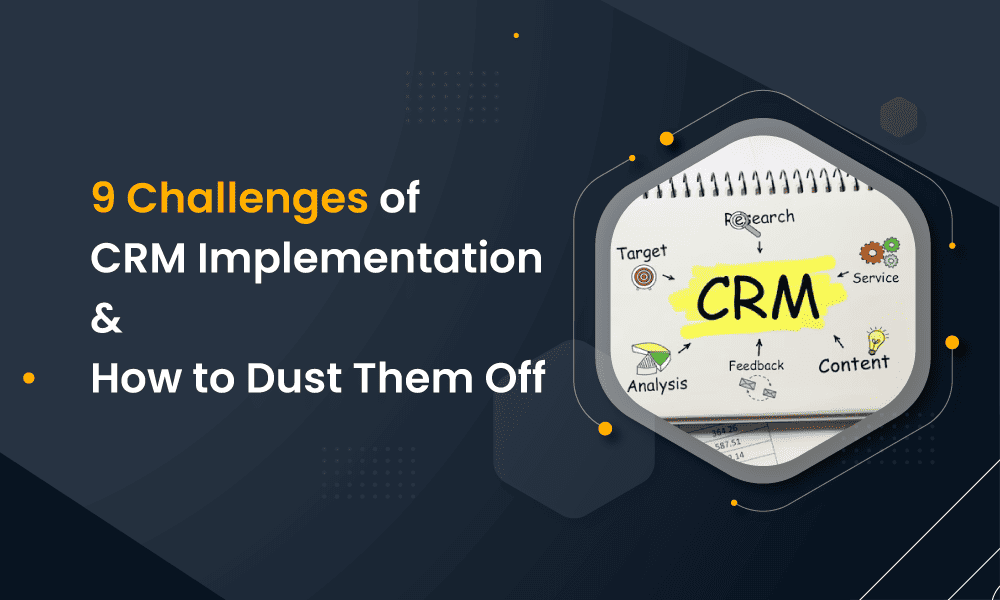
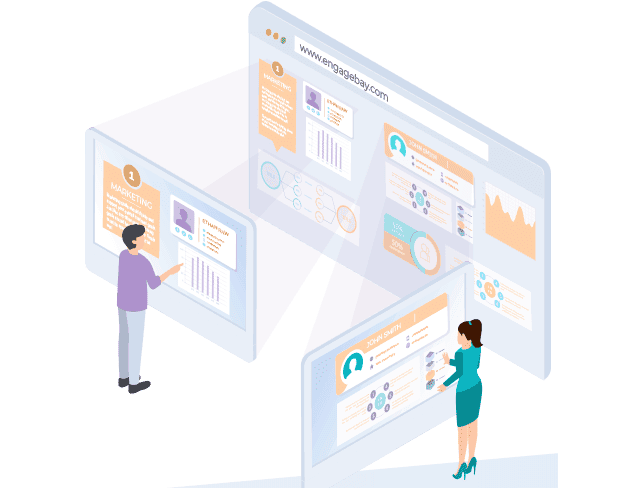

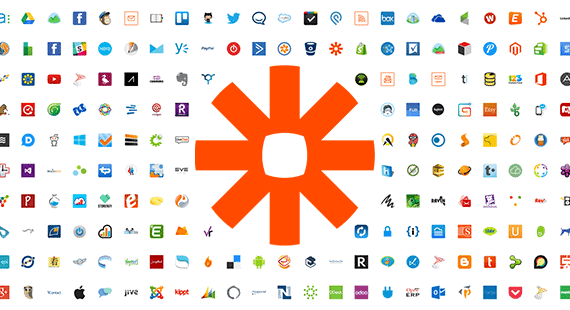
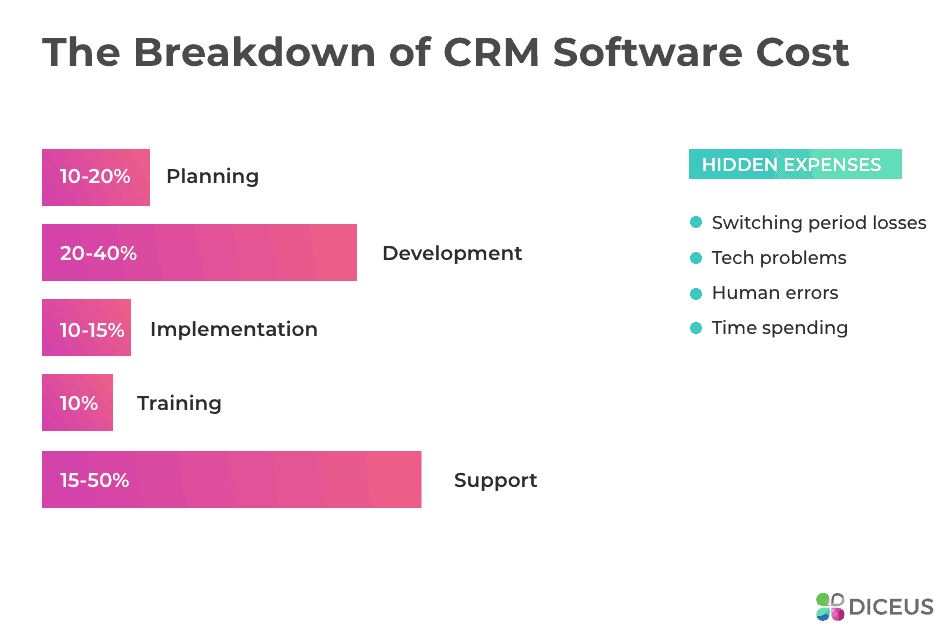
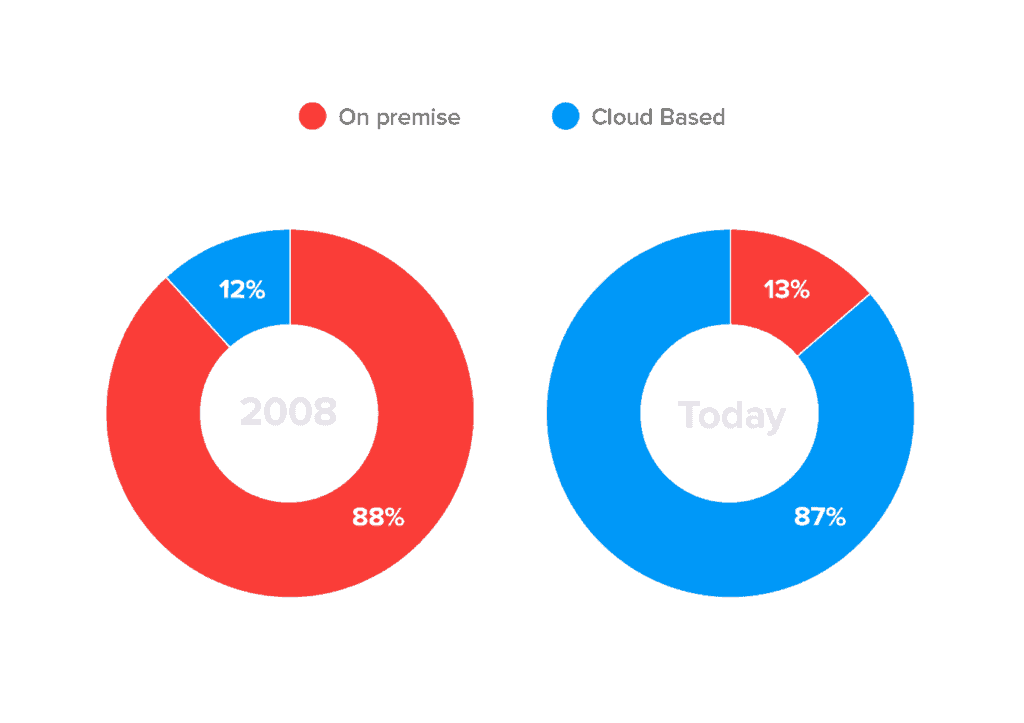
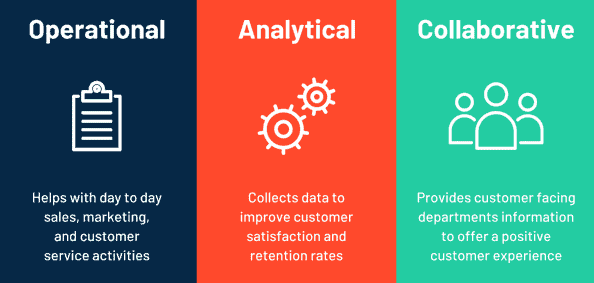

Your article is really great! A lot of information about Custom CRM development will be helpful to me, so keep sharing like this Mam/Sir. Good luck!
Implementing CRM systems indeed comes with its fair share of challenges, which can hinder teams from reaching their goals. However, acknowledging and addressing these challenges head-on is essential for successful implementation. Similarly, educational institutions like Schools in Jalahalliface their own set of challenges when implementing new systems or methodologies. By identifying and overcoming these obstacles, both businesses and schools can optimize their processes and achieve their objectives effectively. It’s crucial to approach CRM implementation with careful planning, clear communication, and dedicated support to navigate through the challenges and reap the benefits in the long run.